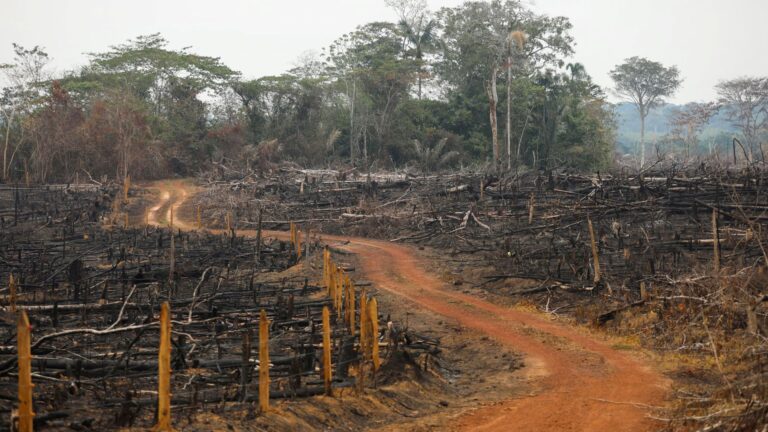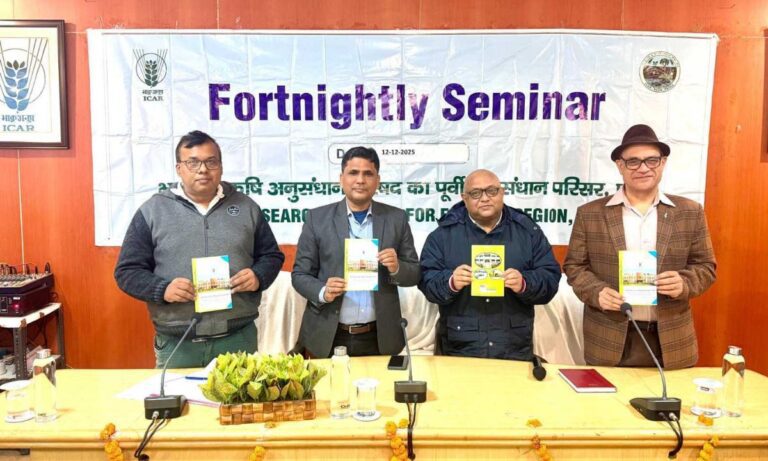
xr:d:DAFac5yVFg4:116,j:3613556788,t:23021320
As the Association of Southeast Asian Nations (ASEAN) working group resumes drafting the Environmental Rights Declaration today in Kuala Lumpur, Malaysia, there is a pressing need for transparency and genuine engagement with civil society. The effectiveness of the declaration hinges on the working group’s willingness to incorporate diverse voices and concerns.
Initial Draft and Public Response
The first and only draft of the declaration, released in March 2024, invited public comments. Human Rights Watch (HRW) responded in April, highlighting significant gaps in the text, such as insufficient protections for Indigenous peoples and the lack of provisions addressing corporate accountability and climate-induced displacement.
Indigenous Concerns and Stakeholder Inclusion
Other environmental and human rights organizations also made submissions to improve the draft. The Asia Indigenous Peoples Pact, representing 46 members across Asia, criticized the absence of Indigenous voices in the drafting process. They pointed out that the draft was nearly complete before stakeholder consultations began, undermining the right to information the declaration seeks to uphold.
Need for Updated Draft and Transparency
The working group reconvened in May in Jakarta, Indonesia, to review the public submissions. However, no updated version of the declaration has been released since, nor have the public submissions been published, despite a commitment to do so via the Asia-Pacific Environmental Rights Observatory. This lack of transparency raises concerns about the inclusivity and accountability of the process.
Urgent Need for Stronger Protections
Recent developments, such as proposed guidelines in the Philippines that would facilitate corporate activities on Indigenous lands without proper consent, underscore the urgent need for robust environmental rights protections. HRW’s research across Indonesia, Malaysia, and other regions highlights the vulnerability of Indigenous communities who are often displaced from lands they have safeguarded for generations.
Moving Forward: Transparency and Inclusion
As the working group meets this week, it should release the latest version of the declaration and create avenues for meaningful input from affected communities. The declaration should not be finalized and submitted for adoption until it truly reflects the concerns and needs of those most impacted by environmental degradation in the ASEAN region.
For the ASEAN Environmental Rights Declaration to be effective and equitable, the working group must demonstrate a genuine commitment to transparency and inclusive engagement. Only by addressing the gaps and incorporating the voices of all stakeholders can the declaration serve as a robust framework for protecting environmental rights across the region.






